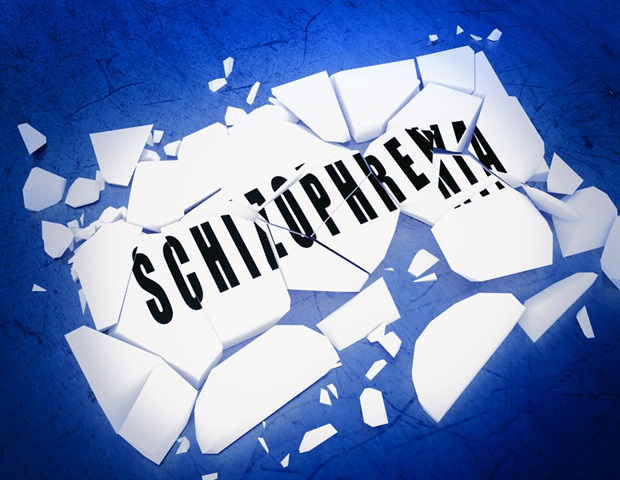Schizophrenia, which affects up to 1% of the population, is a neuropsychiatric disorder characterized by multiple symptoms. One of the most common, and for which there is no treatment, is apathy and lack of motivation. By comparing neural activation between a group of patients and a control group during a reward-based game, a team from the University of Geneva (UNIGE) and the University Hospitals of Geneva (HUG), in collaboration with researchers from Charité Berlin, has deciphered the neural bases of this disorder.
The brains of people suffering from schizophrenia are unable to discriminate between different levels of reward in a sufficiently subtle way, hampering their motivation to undertake everyday tasks. Published in the journal Brain , these findings suggest several potential treatments, including brain stimulation and targeted psychotherapy . When discussing schizophrenia, we first think of hallucinatory or delusional symptoms, such as ideas of persecution.

Less visible, however, are apathy and lack of motivation, which are just as burdensome in everyday life. ''Lack of motivation is at the root of the difficulties encountered by people suffering from schizophrenia in pursuing their studies, holding down a job, or engaging in social contacts,'' explains Stefan Kaiser, full professor in the Department of Psychiatry and the Synapsy Centre for Neuroscience and Mental Health Research at UNIGE Faculty of Medicine, and Head of the Department of Psychiatry at the HUG, who .























